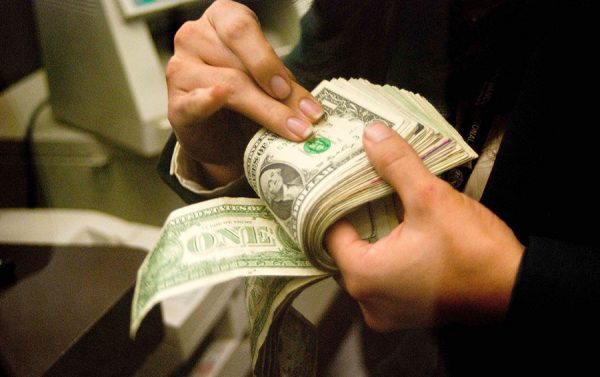
The Economic Commission for Latin America and the Caribbean (ECLAC) highlights that remittances are helping bolster economies in the region in general. Remittances were up 11% in the Dominican Republic as of August 2020 says the recently released “Preliminary Overview of the Economies of Latin America and the Caribbean 2020.” The Dominican Republic-Central Bank has been highlighting record remittances totals through November 2020. Remittances in the region are also up in Mexico (9%), Jamaica (18%), Nicaragua (9%), Guatemala (4%) and El Salvador (1%). Yet, in several regional countries they have dropped considerably. The report mentions Bolivia (-26%), Peru (-22%), Paraguay (-16%), Costa Rica (10%), Ecuador (-10%), Honduras (-2%) and Colombia (-1%).
Nevertheless, ECLAC says economic recovery in Latin America and the Caribbean is going to depend on how Covid-19 vaccination programs unfolds in 2021. A successful vaccination program is assumed in the projections included in the annual report that was released during a virtual press conference offered by the United Nations organization’s Executive Secretary, Alicia Bárcena, on Wednesday, 16 December 2020,
ECLAC states that the positive impact of the vaccinations should be felt in the second half of 2021. “However, should that assumption fail, the region’s growth could underperform the projections made.”
In the projections, the Dominican Republic is shown with a decline in GDP growth for 2020 of -5.5%, but the country is expected to rebound and post positive growth for 2021 of 5.0%. In Latin America, only Peru (9.0%), Panama (5.5%) Bolivia (5.1%), Chile (5.0%), Colombia (5.0%) will do same or better than the DR in economic recovery, forecasts ECLAC.
On average, the report indicates that contraction for the Latin America and the Caribbean region will be -7.7% for 2020, the largest in 120 years. The regional average for the rebound is 3.7% in 2021. Yet, ECLAC makes the point that generally speaking, however, these rates reflect a significant statistical rebound effect —3.1 percentage points of that projection— coming after the heavy fall in economic activity in 2020. What is more, that 3.7% growth would mean regaining only 44% of the GDP loss seen in 2020.
ECLAC says the recovery, in general, will be slow and will not conclude until 2024. The report stresses expansionary fiscal and monetary policies are needed along with environmental and industrial policies. It calls for structural transformations to promote sustainable development. It poses the need to prioritize spending on the economic and social reactivation and transformation by fostering employment-intensive and environmentally sustainable investment in strategic sectors. ECLAC also calls for extending basic income to people living in situations of poverty; providing financing to Micro, Small and Medium-sized Enterprises (MSMEs), and offering incentives for productive development, the digital revolution for sustainability and clean technologies and universalizing of social protection systems.
16 December 2020

